Abusing Religion and the Importance of Refocusing Gazes
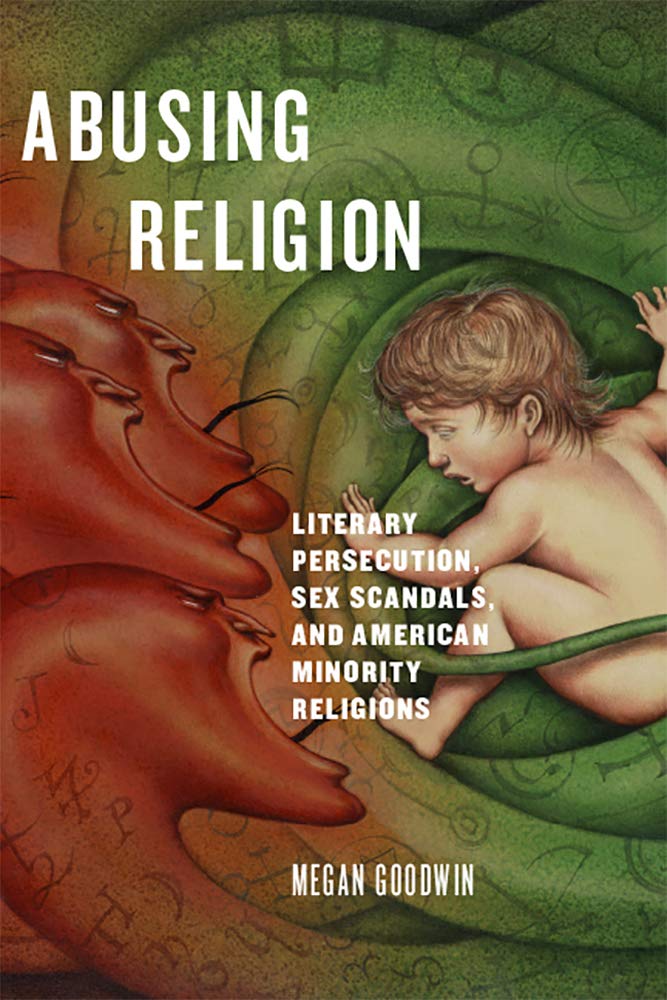
“One can refuse to be manipulated by sensationalist media priming the public to generate the outrage that will serve white supremacy,” writes Abimbola Adelakun in this response to our interview with Megan Goodwin on the theory of contraceptive nationalism in her book Abusing Religion
Telling Stories to Change the World
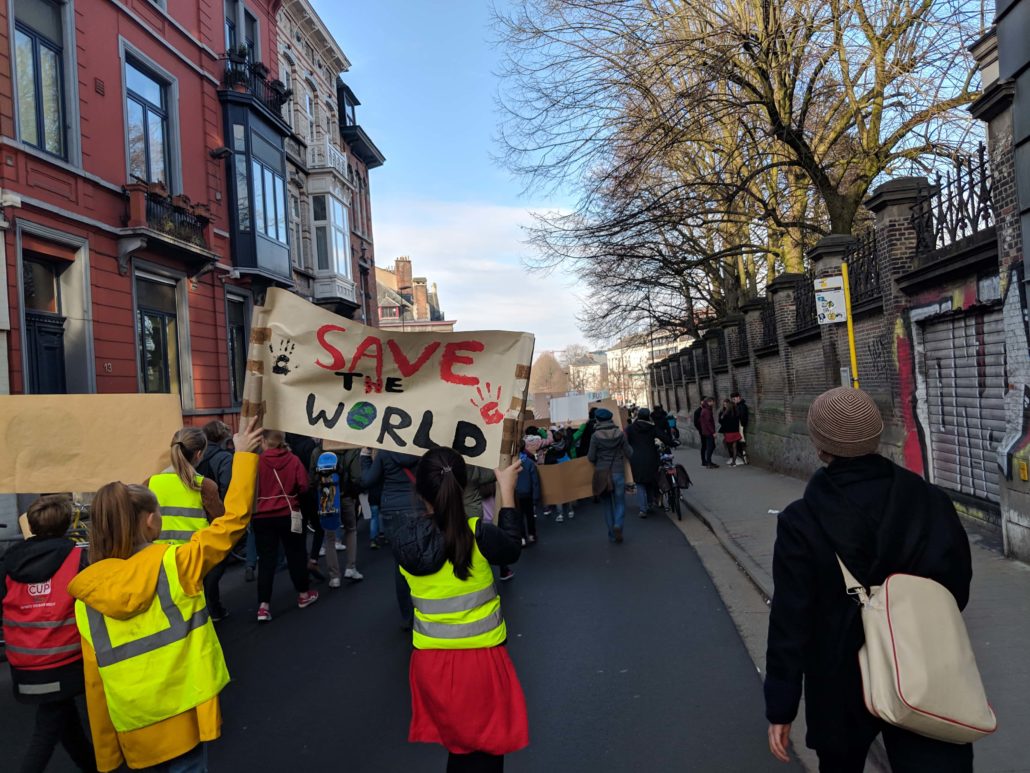
“How is a myth different from a story or narrative?” Susannah Crockford says the answer “shifts dramatically with different disciplinary definitions and assumptions.” Read on to learn why this matters in her response to our episode with Tim Stacey on “Myth-Making, Environmentalism, and Non-Religion”
The Challenge of “Soul Murder”: Disentangling Religion and Sexual Abuse
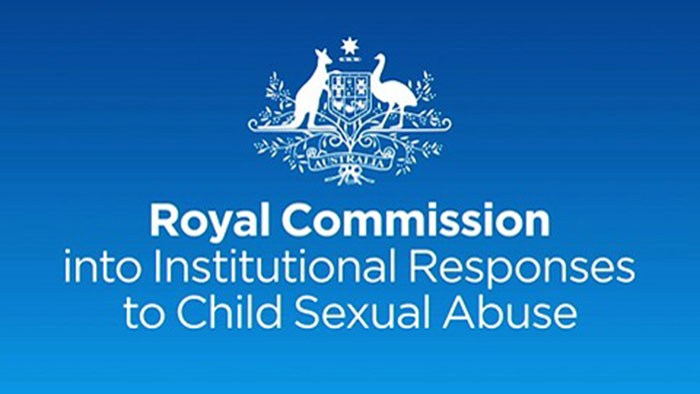
“Is sexual abuse categorically different in religious contexts than in other institutional contexts,” ask Brian Clites in this response to our interview with Katherine McPhillips. Focusing on the concept of “soul murder,” Clites and McPhillips both argue the answer is yes. Read on to find out why.
Lamenting the Lie
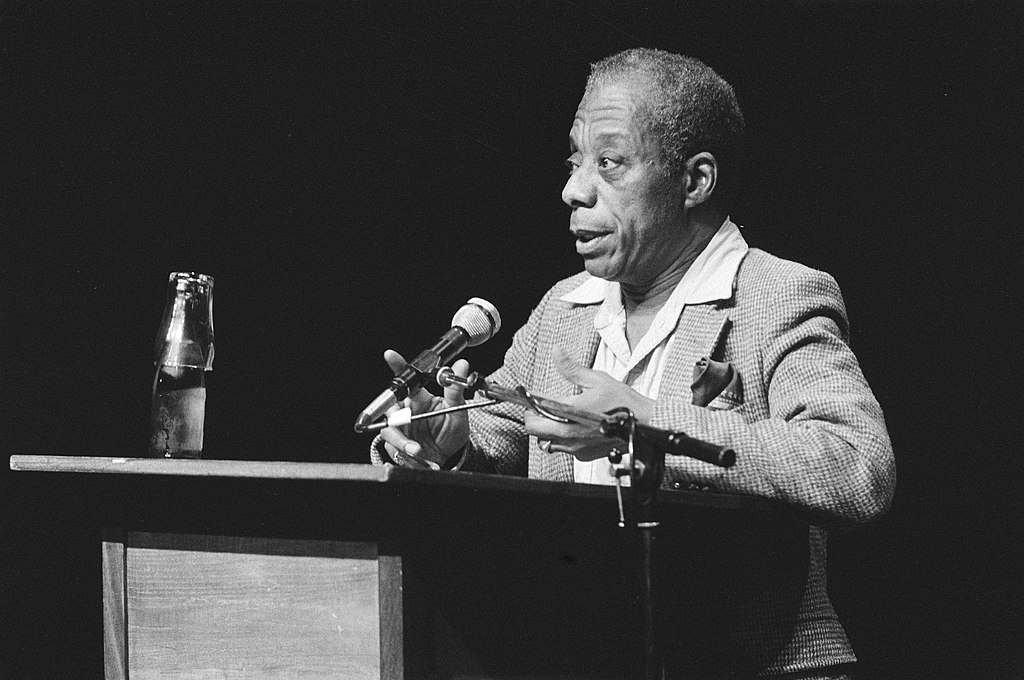
“The struggle to fight for truth in an age of Lies must be relentless,” writes Darrius D. Hills in this week’s response to our episode with Eddie Glaude and his work on James Baldwin, Begin Again.
Amplifying Survivors’ Voices

In this response to our episode with Kathleen McPhillips on the Australian Royal Commission’s Report on Institutional Responses to Child Sexual Abuse, Jack Downey offers a wider global lens on the challenges the Catholic Church faces regarding sexual abuse.
Connecting the Parallel Lives of Critical Secular and Non-Religious Studies
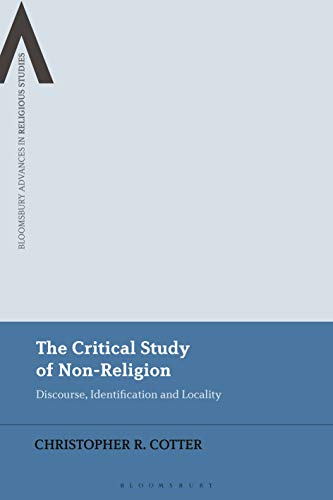
Lois Lee responds to our interview with RSP co-founder Christopher R. Cotter about his latest book, The Critical Study of Non-Religion. Calling his work “a milestone” that answers the need for a “systemic intervention” in critical approaches to non-religion, Lee suggests that the parallel lives of critical secular and non-religious studies are starting to converge.
Confronting the Stigma of Sexual Abuse with Transitional Justice and Trauma-Informed Principles

Overcoming the stigma of sexual abuse remains a central challenge for survivors. In response to our interview with Kathleen McPhillips on the Australian Royal Commission’s Report on Institutional Responses to Child Sexual Abuse, Dr. Kate Gleeson reminds us of the urgency of working with transitional justice and trauma-informed principles to place survivors and their needs at the center of processes of investigation and healing.
The Moral Narratives of New Materialism and Posthumanism

Who or what are the actors in Posthuman and New Materialist narratives, asks Peter J. Bräunlein in this response to our interview with Paul-Francois Tremlett. In the face of populist “great simplifiers like Trump Bolsonaro or Modi,” what will scholars do with our increasingly complex and diverse narratives about religious change?
Rethinking Rethinking

“A lot of definitional magic has been spent to save religion from secularisation theory,” writes Titus Hjelm in this response to our episode with Paul-François Tremlett, “but at the end of the day, incommensurability is a real issue in this debate.” So what can be said today of the ongoing differences between lived religious perspectives at the level of the individual and those scholarly perspectives that look at broader social and cultural forces and trends.
The (De-)Mystification of Christian Origins

In her response to our episode on Ancient Christian Origins with Bill Arnal, Michelle Sdao cites the risks of “methodolatry” and highlights emerging scholarship and methods on the edges of the disciplinary divides among religious studies, textual criticism, New Testament Studies and other allied fields.
Can We Resist “the Stance of the Faithful” in New Testament Studies?
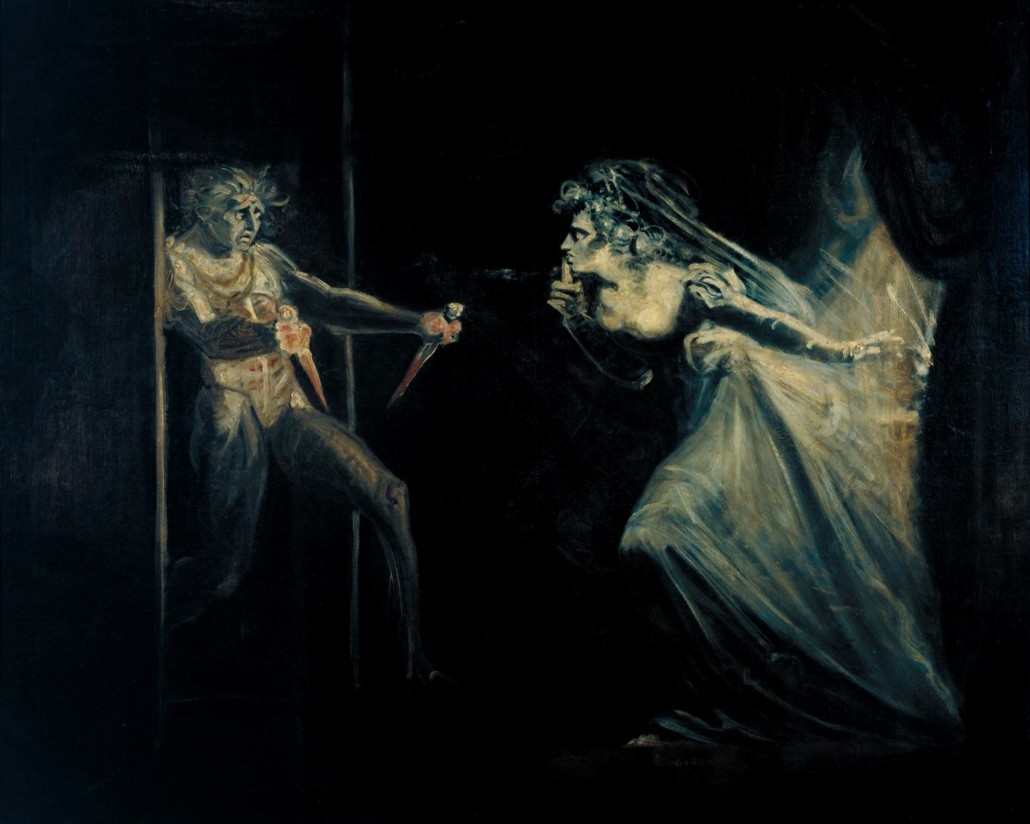
The “easy decision” to decline the stance of the faithful when dealing with sacred texts means considerable challenges for the scholar of religion, argues Willi Braun in this response to our episode with Bill Arnal on “Ancient Christian Origins”
Encountering the Historical Jesus-People

“No matter where we do our reading, we bring ourselves to the task,” writes Dr. Allison L. Gray in this response to our interview with William Arnal on “Ancient Christian Origins”
Scripturalization and the Performance of the Scriptural

Why is the mimetically scriptural presumed to be good, asks Vincent Wimbush in this response to our interview with Richard Newton on “Roots as Scripture and Scriptures as Roots.”
The Secret Life of Scriptures: Black Scriptures as Tending to New Afro-Futures
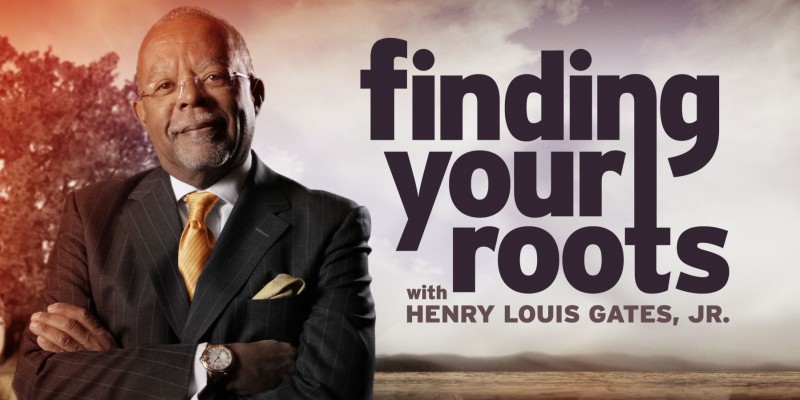
In Joseph L. Tucker Edmond’s response to our interview with Richard Newton, we see a continuation of the extended, organic metaphors of Newton’s scriptural lens for studying Alex Haley’s Roots. What does it mean to tend a future, asks Tucker Edmonds, and who tends the futures for Black subjects?
Religion and Ecology Has a Whiteness Problem. Let’s Confront It.
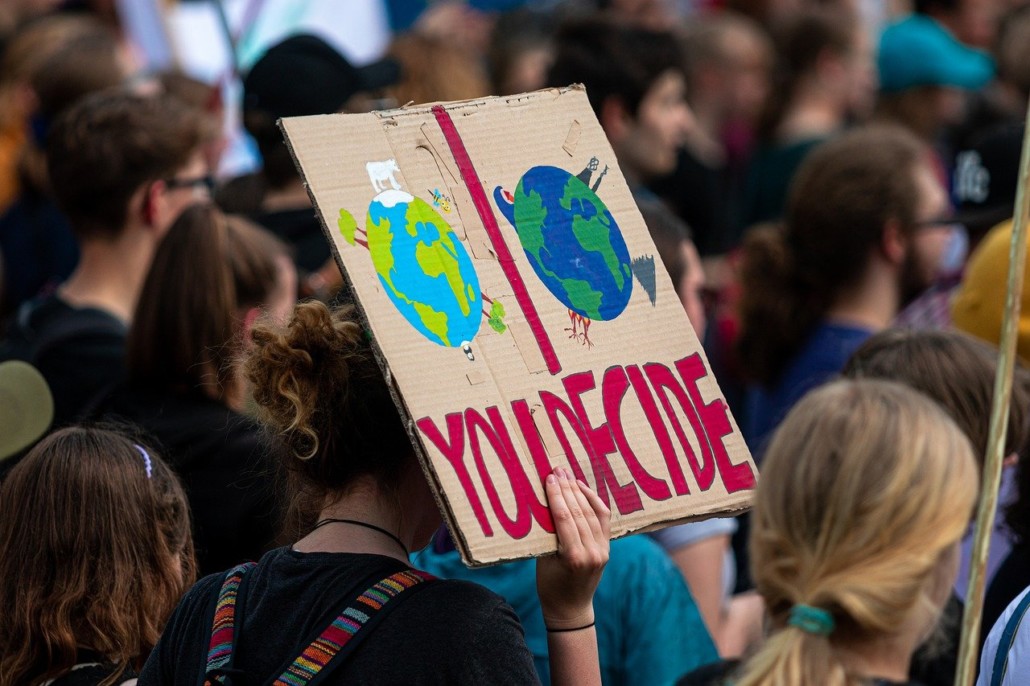
Restoring marginalized voices to the scholarship on religion and ecology is essential decolonial praxis, writes Amanda J. Baugh in this response to our episode with Gretel Van Wieren on “Climate Change(s).”
